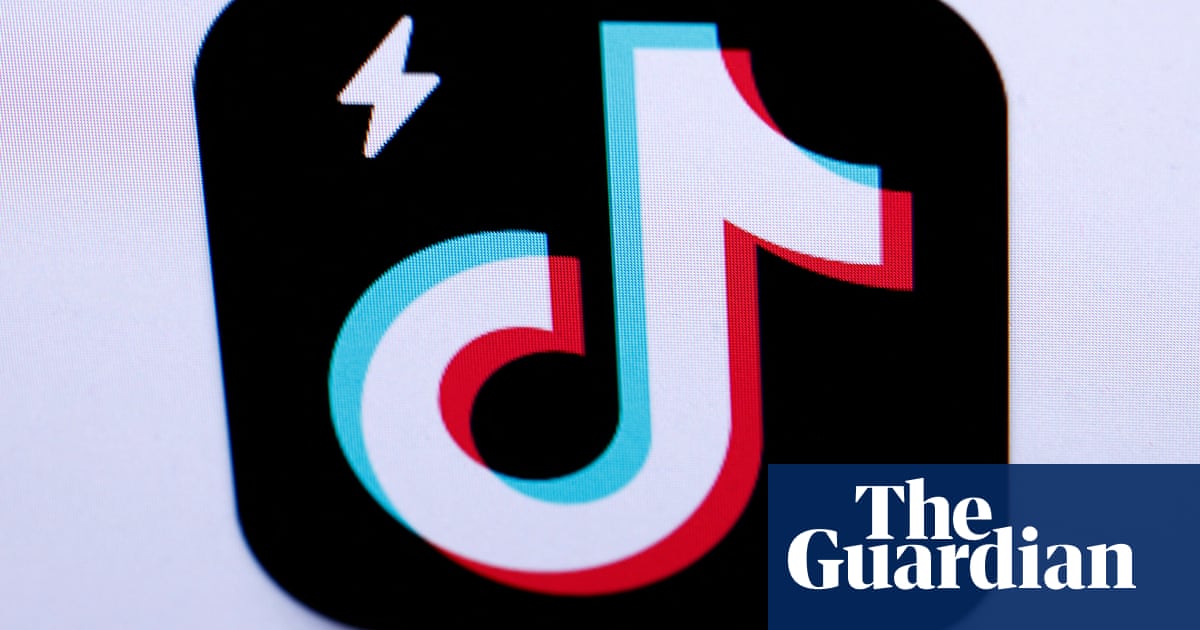Get the latest tech news
How Nestlé gets children hooked on sugar in lower-income countries
Nestlé’s leading baby-food brands, promoted in low- and middle-income countries as healthy and key to supporting young children’s development, contain high levels of added sugar. In Switzerland, where Nestlé is headquartered, such products are sold with no added sugar. These are the main findings of a new investigation by Public Eye and the International Baby Food Action Network (IBFAN), which shed light on Nestlé’s hypocrisy and the deceptive marketing strategies deployed by the Swiss food giant.
Nestlé’s leading baby-food brands, promoted in low- and middle-income countries as healthy and key to supporting young children’s development, contain high levels of added sugar. Nestlé pioneered “medical marketing,” involving a set of techniques that have become standard practice in the industry today, says Phillip Baker, a senior research fellow at the University of Sydney in Australia and author of numerous studies on the subject. “Nido1+ helps protect and strengthen the immune system, thanks to probiotics and prebiotics, and contains key nutrients for child development.” Not a word on the one and a half sugar cubes added to each portion of the product in question.
Or read this on Hacker News
